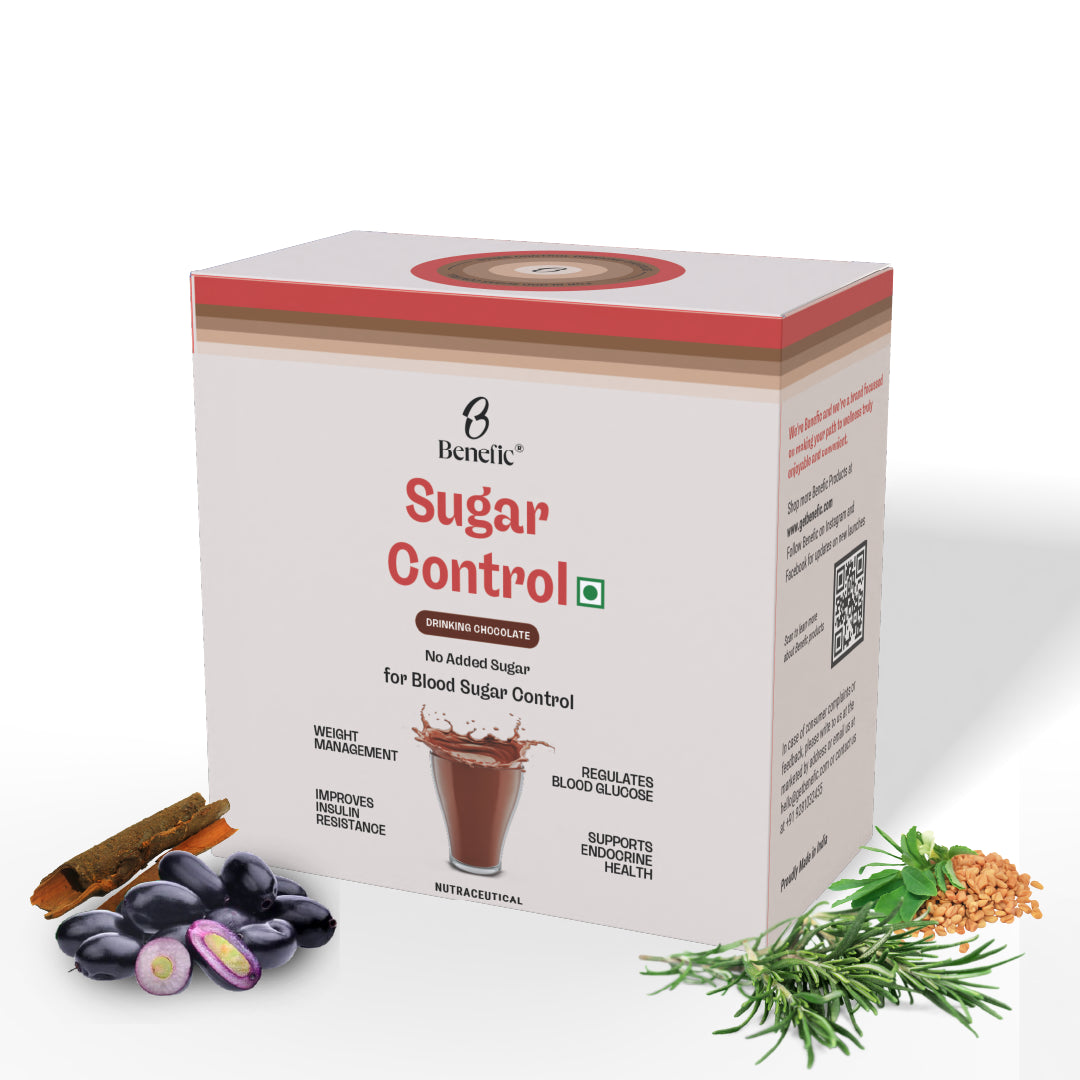Brain fog is a term used to describe a set of symptoms that can affect cognitive function, including memory, concentration, and mental clarity.
People experiencing brain fog often describe feeling mentally sluggish, confused, and having difficulty focusing. While it is not a medical condition itself, it is a common symptom that can be associated with various underlying causes.
Here are some potential causes and natural treatment options for brain fog:
Potential Causes of Brain Fog:
-
Lack of Sleep: Inadequate or poor-quality sleep can contribute to cognitive dysfunction and brain fog.
-
Stress and Anxiety: Chronic stress and anxiety can negatively impact cognitive function and lead to mental fatigue.
-
Nutritional Deficiencies: Inadequate intake of essential nutrients, such as vitamins B12 and D, iron, and omega-3 fatty acids, can affect brain function.
-
Dehydration: Even mild dehydration can impair cognitive function and contribute to brain fog.
-
Hormonal Changes: Hormonal fluctuations, especially in women during menstruation, pregnancy, or menopause, can be associated with cognitive symptoms.
-
Medication Side Effects: Some medications may have cognitive side effects that contribute to brain fog.
-
Chronic Illness: Conditions like chronic fatigue syndrome, fibromyalgia, and autoimmune diseases may be associated with brain fog.
-
Poor Diet: Diets high in processed foods, sugar, and lacking in essential nutrients can impact cognitive function.
Natural Treatment Options for Brain Fog:
-
Adequate Sleep: Ensure you are getting enough quality sleep. Aim for 7-9 hours of sleep per night.
-
Stress Management: Practice stress-reduction techniques such as meditation, deep breathing exercises, yoga, or mindfulness.
-
Balanced Nutrition: Consume a well-balanced diet rich in fruits, vegetables, whole grains, lean proteins, and healthy fats.
-
Hydration: Drink enough water throughout the day to stay hydrated, as even mild dehydration can affect cognitive function.
-
Regular Exercise: Physical activity has numerous cognitive benefits, including improved focus and mental clarity.
-
Supplements: Consider supplementing with vitamins and minerals that may be deficient, such as B vitamins, vitamin D, iron, and omega-3 fatty acids. However, it's essential to consult with a healthcare professional before starting any supplementation.
-
Limit Caffeine and Sugar: Excessive consumption of caffeine and sugary foods can contribute to energy crashes and brain fog. Moderation is key.
-
Manage Chronic Conditions: If you have a chronic illness, work with your healthcare provider to manage symptoms and optimize your overall health.
-
Cognitive Exercises: Engage in activities that stimulate your brain, such as puzzles, games, and learning new skills.
If you are experiencing persistent or severe brain fog, it's crucial to consult with a healthcare professional to identify and address the underlying cause. They can provide personalized guidance based on your specific situation. Also, Benefic Nutrition has products that are clinically proven to help you with your supplement intake in a delicious form like their Ultimate Brain Fuel Chocolate Bites.










